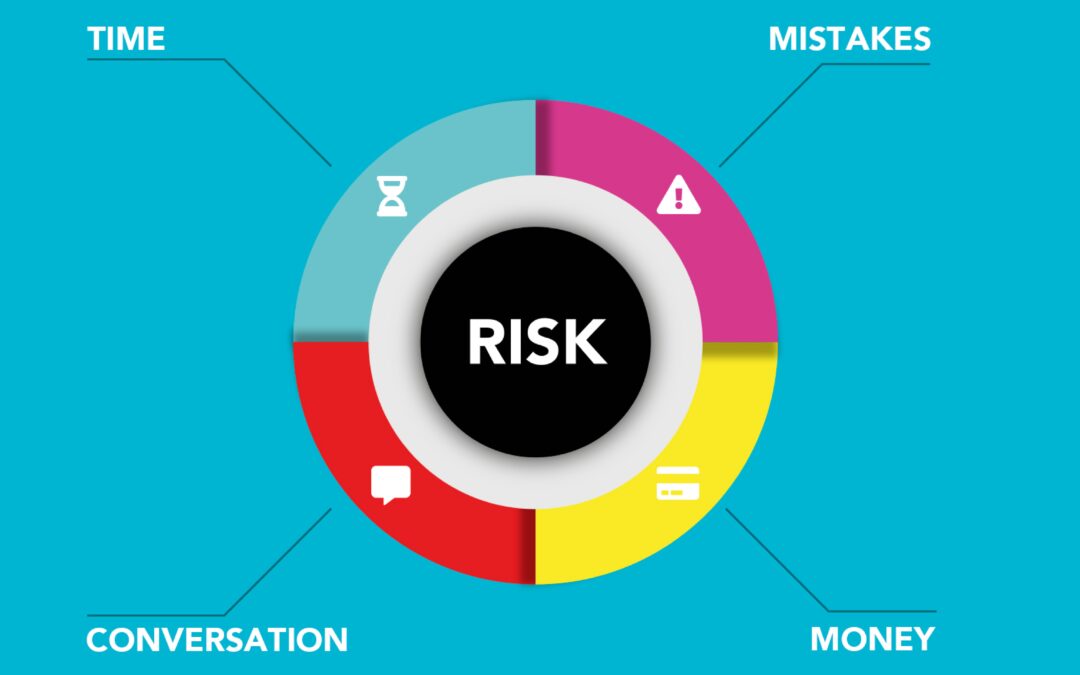I’ve been getting many questions from business owners on managing their business risks.
As a result, I’ve decided to write a series of short posts to address their needs. These are to be educational thought starters.
I hope you find them helpful!
Now, on to today’s topic: Answers to your top buy-sell agreement questions.
What is a Buy-Sell Agreement?
A Buy-Sell Agreement is used to protect the surviving business owners when one of the owners dies. The agreement determines a fair value for the company and to whom the company can be sold. It provides a straightforward transition for ownership of the company if an owner dies or chooses to leave the company for any reason.
The agreement lays out the ground rules for what happens to the shares/interest in the business at the time of transition. Examples of this include whether, in the case of death, the interest passes to a surviving spouse or if a partner decides to leave if the business goes up for sales, with both partners splitting the proceeds.
Buy-Sell agreements are typically used by LLCs and S corps comprised of partnerships.
What role does insurance play?
One of the important, but many times neglected, components of a buy-sell agreement is lIfe and disability insurance.
What happens if the partner does not die? Without death, the Life Insurance will not pay the death benefit necessary to provide the funds for the buyout. The business or healthy owner is left with a partner who may no longer be able to participate in the operations because of cognitive impairment or health concerns but has no funds to buy this partner out.
Possible solutions would be to cash in the Life Insurance contract for the cash value, but this will not come close to supplying the total funds needed for the buyout, especially if the policy is relatively new. That leaves getting a bank loan or possibly depleting company assets. Or the purchase of an adequately funded Disability Policy [the most logical choice!].
But, what if the partners do not want to purchase a disability policy? An alternative solution that may help with some unforeseen situations is to add an indemnity-style Long Term Care [LTC] rider to the Life Insurance contract to allow for an installment buyout
What is an indemnity style LTC and how does that work?
The LTC rider is an accelerated death benefit that is triggered by the insured (in this case, the owner who can no longer participate in the business) having a cognitive impairment or being unable to perform two or more Activities of Daily Living [ADLs], which generally include the following: maintenance of personal hygiene; the ability to dress and undress oneself; being able to feed oneself; being able to mentally and physically use a restroom; and, the ability to stand from a sitting position, as well as get in and out of bed and to walk independently from one location to another.
The LTC benefit rider would be used to buy out the business owner who can no longer work via installment payments. If collecting the benefit, the installment buyout would be complete in 50 months (subject to a 2% benefit.)
HERE’S AN EXAMPLE:
Two owners, Sam and Dave, determine that their business is worth $700,000. They purchase life insurance policies with an LTC rider on each other for $350,000.
Dave becomes ill and is unable to participate in the business any longer. In this case, the Life Insurance policy is still of value to the situation because it will pay an accelerated death benefit after the 90-day elimination period based on Dave qualifying for benefits under the LTC rider.
The benefit would be $7,000 per month – and will be paid federal income tax-free to Sam. Sam will use those funds to make installment payments over the next 50 months to buy out Dave’s share of the business.
————
I hope you’ve found this helpful. But what about you? What questions about buy-sells do you have? I’m happy to answer them in the comments below, or we can schedule a call or Zoom meeting.
Stay tuned for future blog posts to learn more about other business risks that concern business owners and entrepreneurs and how they can be addressed.
Ever onward!
- Different types of Life Insurance Policies - July 8, 2024
- Different Types of Buy Sell Agreements - May 31, 2024
- The Lifeline: Why Life Insurance Matters More Than You Think - May 14, 2024


Trackbacks/Pingbacks